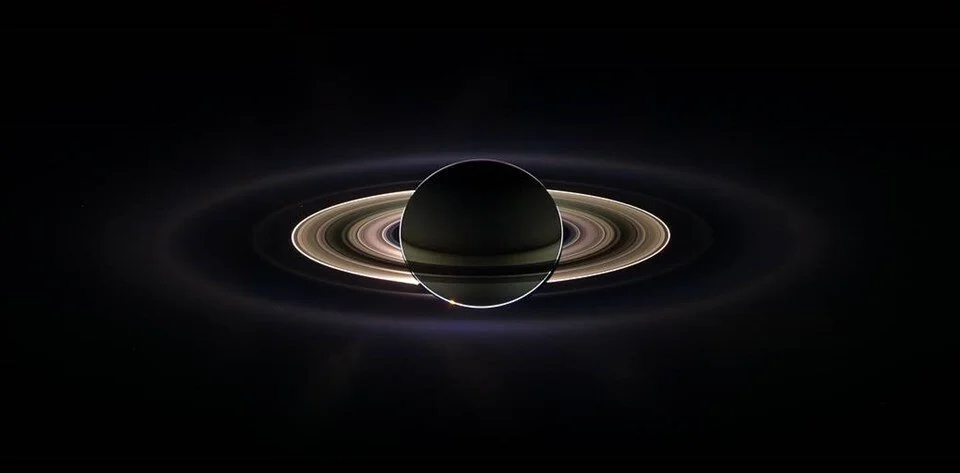Oddity Discovered on Saturn’s Moon Enceladus

Oddity Discovered on Saturn’s Moon Enceladus
Scientists have made a surprising discovery on Saturn’s small ice-covered moon, Enceladus. A soft, feather-like substance was detected in the icy crust of the celestial body.
A soft, feather-like substance was detected in the icy crust of the celestial body. Researchers say these are snow-like particles.
SURFACE COVERED WITH ICE AND SNOW
Enceladus, a small frozen celestial body about 500 kilometers in diameter, has a large subterranean ocean. On the other hand, because the celestial body is so far from the Sun, these oceans are covered with a thick layer of ice.
But according to new research, this is not the only layer of ice covering the ocean. The surface of the object is also filled with soft snow-like particles.
These fragments are thought to have emerged from massive icy geysers that extend deep into the celestial body. Accordingly, these jets deposited large amounts of soft particles on the surface.
Smaller and lighter particles ejected from geysers are also reportedly thrown into space, contributing to Saturn’s massive rings.
The findings, published in the peer-reviewed scientific journal Icarus, mean more tectonic activity than expected in the celestial body.
REGOLITH NOT SNOW
On the other hand, the researchers described these soft pieces as “regolith” rather than snow.
“It’s not snow as we know it,” said planetologist Emily Martin of the National Air and Space Museum in the US.
“The material we detected on the surface of Enceladus was not produced from the atmosphere, unlike snow on Earth,” said Martin, who is also the study’s lead author.
“The way these particles fall to the surface resembles snow. I think that’s a fitting analogy,” Martin said.
MAY NOT BE THE SAME COMPOSITION WITH THE SNOW IN THE WORLD

There is also the possibility that the soft material on Enceladus may not have the same composition as snow on Earth.
“The physical properties of this material are still not fully understood,” Martin told Futurism.
It’s critical that astronomers better understand these oddities on Enceladus.
It is estimated that the necessary substances for life to form are abundant in the ocean covering the satellite.
This means that Enceladus could harbor extraterrestrial life, albeit on microscopic scales.






